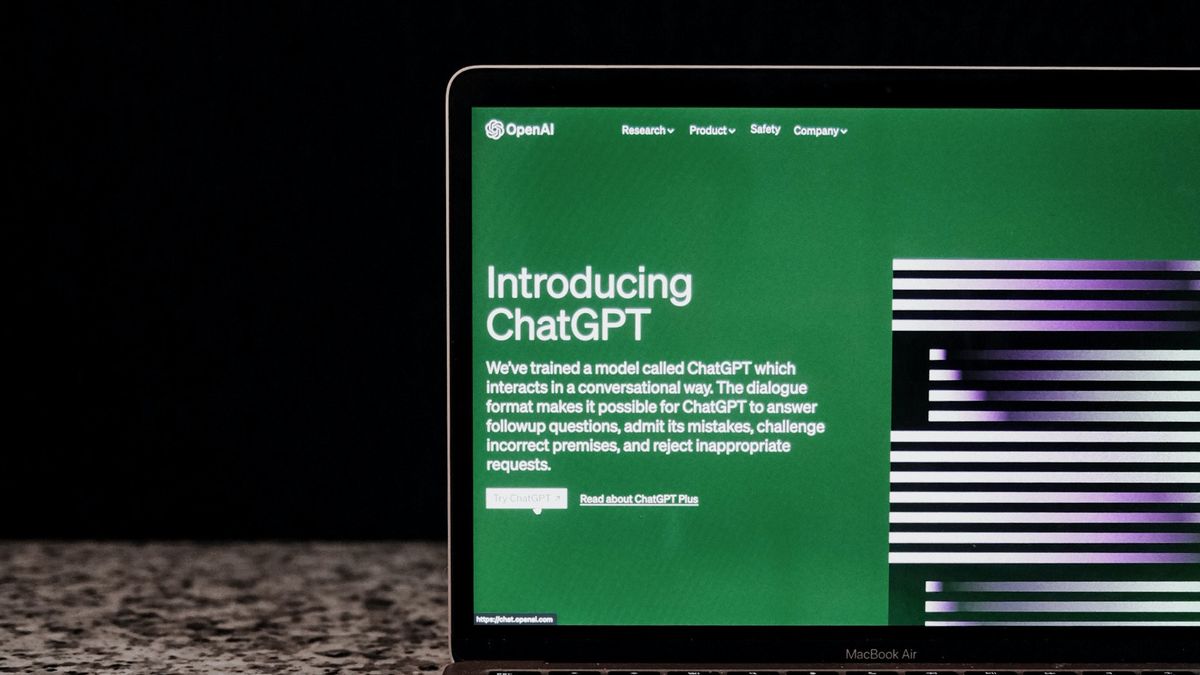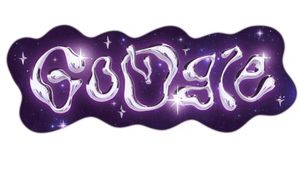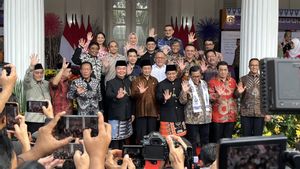JAKARTA - New York federal judge, United States (US), P. Kevin Castel imposed sanctions on two lawyers from law firm Levidow, Levidow & Oberman, for relying on ChatGPT for research purposes in a case.
A fine of US$ 5000 or equivalent to Rp74 million must be paid by lawyers Peter LoDuca and Steven A. Schwartz of the law firm.
The two, according to Castel, left responsibility when they handed over a summary written by the Artificial Intelligence (AI)-based chatbot, ChatGPT in their client's lawsuit against Avianca in March.
"They continue to support false opinion after court orders questioned their whereabouts. Technological advances are commonplace and nothing wrong with using reliable artificial intelligence tools for help," Castel said in a statement.
"But existing rules force the role of gatekeepers on lawyers to ensure the accuracy of their lawsuits," he added.
However, Castel praised the apology and corrective steps taken. Therefore, he said tougher sanctions were unnecessary.
The case began when the two lawyers, on behalf of their client Roberto Mata, claimed his knee was seriously injured in a flight with Avianca in August 2019 from El Salvador to New York, when he was hit by a metal service balance.
In a separate order yesterday, Castel granted Avianca's motion to reject the lawsuit. According to him, the lawsuit filed by Mata has expired for two years, allowing legal claims related to international air travel under the Montreal Convention.
Dia, Castel mungkin tidak akan memberikan sanksi denda jika mereka terlalu menggunakan ChatGPT untuk membuat keputusan yang menentang mosi Avianca dalam membatalkan gugatan tersebut.
Pengacara maskapan Avianca menyatakan kekhawatiran terhadap citasi hukum yang berasal dari kasus pengadilan, bahkan itu tidak pernah terjadi sebelumnya.
"In researching and compiling court filings, good lawyers properly get help from junior lawyers, law students, contract lawyers, legal accountants, and databases such as Westlaw and badmintonNexis," Castel explained.
Castel said now that these fines only ensure that they or others will no longer use AI to produce false legal history in their arguments, as quoted by CNBC International and ABC News, Friday, June 23.
"We respectfully disagree with the finding that anyone at our firm acted in bad faith. We have apologized to the courts and our clients. We continue to believe that in the face of what even the court recognizes as an unprecedented situation," said law firm Levidow, Levidow & Oberman in response to a fine from Castel.
"We made a mistake in good faith because we failed to believe that a piece of technology could make up the case of a complete cloth," he added.
The English, Chinese, Japanese, Arabic, and French versions are automatically generated by the AI. So there may still be inaccuracies in translating, please always see Indonesian as our main language. (system supported by DigitalSiber.id)













